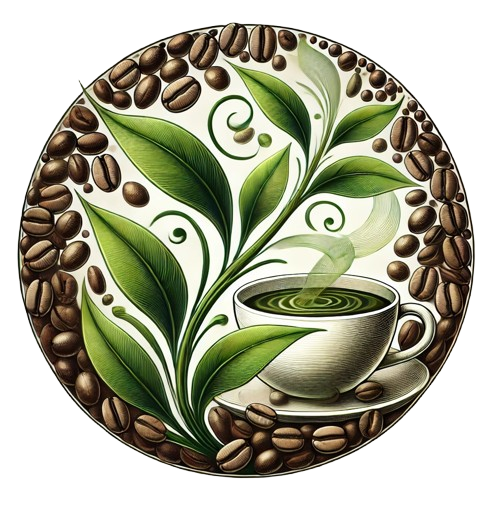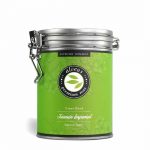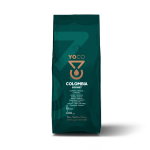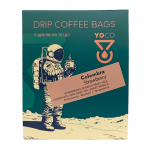When it comes to preparing great coffee, most people focus on the beans, grind size, and brewing technique. But one key factor that often goes unnoticed is the water. Since coffee is made up of about 97% water, the type and quality of water used can make a significant difference in the final flavor. Understanding how water interacts with coffee and making the right choices can elevate your coffee experience at home. This article explores the crucial role water plays in coffee preparation and why using filtered water can drastically improve your brew.
Why Water Quality Matters in Coffee
Water acts as the solvent that extracts the essential oils, acids, and other compounds from coffee grounds. The minerals and composition of the water determine how well these elements dissolve, directly influencing the flavor and aroma. If the water used is poor in quality—too hard, too soft, or filled with chemicals like chlorine—it can lead to a flat, bland, or off-tasting cup of coffee.
In many gourmet coffee shops, water filtration systems are part of the standard setup, ensuring that the water used for brewing is perfectly balanced. However, at home, it’s easy to overlook this aspect, leading to inconsistent coffee flavor. By understanding how water affects coffee, home brewers can significantly improve the quality of their drink.
The Problems with Tap Water
Using tap water for coffee may seem convenient, but it comes with its own set of issues. Tap water often contains dissolved minerals such as calcium and magnesium, as well as chlorine and other chemicals used in water treatment. While some minerals are beneficial in small amounts, excess can cause your coffee to taste bitter or metallic. Chlorine, in particular, has a tendency to overwhelm delicate flavors and lead to an unpleasant aftertaste.
For instance, a simple test with a Total Dissolved Solids (TDS) meter shows that typical tap water contains around 230 parts per million (ppm) of dissolved solids, a number far higher than what is considered ideal for brewing coffee. These extra minerals can interfere with the extraction process, making it harder to bring out the nuanced flavors of your coffee beans.
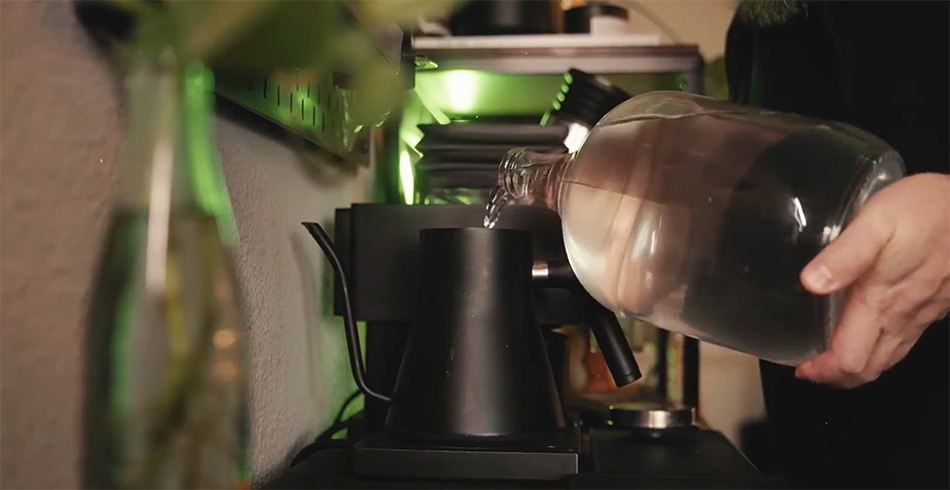
The Benefits of Using Filtered Water
Filtered water is a simple but effective solution for improving the quality of your coffee. By removing impurities like chlorine and reducing the concentration of dissolved minerals, filtration systems help to purify the water, resulting in a cleaner, more balanced brew.
A basic carbon filter, such as those found in popular water filter pitchers, can reduce dissolved solids to around 130 ppm—much closer to the range recommended for optimal coffee extraction. When comparing coffee brewed with tap water versus filtered water, the difference is noticeable. Coffee brewed with filtered water tends to have more clarity, vibrant acidity, and enhanced flavor notes, while tap water often results in a muted or dull taste.
According to the Specialty Coffee Association (SCA), the ideal water for brewing coffee should have around 150 ppm of dissolved solids. This provides the right balance of minerals to ensure that the coffee extracts properly, delivering a cup that is well-rounded and full of flavor.
Why Reverse Osmosis Water Isn’t Ideal
While reverse osmosis (RO) water systems are excellent for purifying water by removing almost all minerals and impurities, they aren’t ideal for coffee brewing. In fact, using water that is too pure can lead to under-extraction. Without enough minerals present, RO water struggles to pull out the flavor compounds from the coffee, resulting in a cup that tastes flat and thin.
Minerals like magnesium and calcium play a crucial role in the extraction process, helping to enhance the sweetness, acidity, and body of the coffee. For this reason, water that has some mineral content is preferable for brewing, making reverse osmosis water less suited for achieving the best-tasting coffee.
Conclusion: Choosing the Right Water for Better Coffee
Water plays an essential role in determining the quality and flavor of your coffee. For home brewers looking to improve their daily cup, using filtered water is one of the easiest and most effective changes to make. By removing unwanted impurities and achieving the right balance of dissolved solids, filtered water helps bring out the best in your coffee, resulting in a more flavorful and well-rounded drink.
Avoid using tap water, which often contains too many dissolved solids, and stay clear of reverse osmosis water, which lacks the necessary minerals for proper extraction. Instead, aim for filtered water with a TDS level close to 150 ppm for optimal results.
Next time you prepare a cup of coffee, remember that the water you use is just as important as the beans or the brewing method. By choosing filtered water, you can unlock more flavor, clarity, and complexity in every cup, making your coffee experience even more enjoyable.
